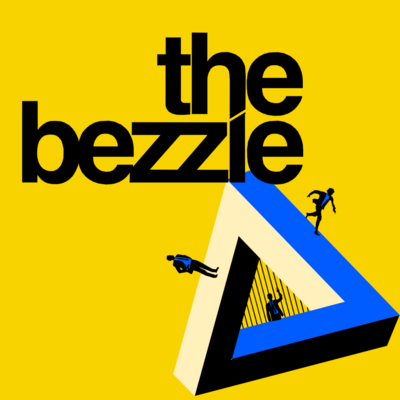In any scam, any con, any hustle, the big winners are the people who supply the scammers - not the scammers themselves. The kids selling dope on the corner are making less than minimum wage, while the respectable crime-bosses who own the labs clean up. Desperate “retail investors” who buy shitcoins from Superbowl ads get skinned, while the MBA bros who issue the coins make millions (in real dollars, not crypto).
1/


Wrigley found fast food declasse and banned it from the island, a rule that persists to this day. In The Bezzle, the forensic detective Martin Hench uncovers The Fry Guys, an MLM that flash-freezes contraband burgers and fries smuggled on-island from the mainland and sells them to islanders though an “affiliate marketing” scheme that is really about recruiting other affiliate markets to sell under you.
5/
As with every MLM, the value of the burgers and fries sold is dwarfed by the gigantic edifice of finance fraud built around it, with “points” being bought and sold for real cash, which is snaffled up and sucked out of the island by a greedy mainlander who is behind the scheme.
A “bezzle” is #JohnKennethGalbraith’s term for “the magic interval when a confidence trickster knows he has the money he has appropriated but the victim does not yet understand that he has lost it.”
6/
In every scam, there’s a period where everyone feels richer - but only the scammers are actually cleaning up. The wealth of the marks is illusory, but the longer the scammer can preserve the illusion, the more real money the marks will pump into the system.
MLMs are particularly ugly, because they target people who are shut out of economic opportunity - women, people of color, working people.
7/
They necessarily rely on social ties for survival, looking after each others’ kids, loaning each other money they can’t afford, sharing what little they have when others have nothing.
It’s this social cohesion that MLMs weaponize. Crypto “entrepreneurs” are told to suck in friends and family by telling them that they’re “building Black wealth.” Working women are exhorted to suck in their bffs by appealing to their sisterhood and the chance for “women to lift each other up.”
8/
The “sales people” trying to get you to buy crypto or leggings or supplements are engaged in predatory conduct that will make you financially and socially worse off, wrecking their communities’ finances and shattering the mutual aid survival networks they rely on. But they’re not getting rich on this - they’re also being scammed:
https://papers.ssrn.com/sol3/papers.cfm?abstract_id=4686468
9/
This really hit home for me in the mid-2000s, when I was still editing @boingbot@mastodon.cloud. We had a submission form where our readers could submit links for us to look at for inclusion on the blog, and it was overwhelmed by spam. We’d add all kinds of antispam to it, and still, we’d get floods of hundreds or even thousands of spam submissions to it.
10/
One night, I was lying in my bed and watching spam roll in. They were for small businesses in the rustbelt, handymen, lawn-care, odd jobs, that kind of thing. They were a million miles from the kind of thing we’d post about on Boing Boing. They were coming in so thickly that I literally couldn’t finish downloading my email - the POP session was dropping before I could get all the mail in the spool. I had to ssh into my mail server and delete them by hand. It was maddening.
11/
Frustrated and furious, I started calling the phone numbers associated with these small businesses, demanding an explanation. I assumed that they’d hired some kind of sleazy marketing service and I wanted to know who it was so I could give them a piece of my mind.
12/
But what I discovered when I got through was much weirder. These people had all been laid off from factories that were shuttering due to globalization. As part of their termination packages, their bosses had offered them “retraining” via “courses” in founding their own businesses.
13/
@pluralistic@mamot.fr This shattering of mutual aid networks is perhaps the most pernicious aspect of MLMs, that they trade on trust and social connections. They also deeply harm attempts by people with chronic illnesses to create mutual support networks and create predatory networks that target the most vulnerable.